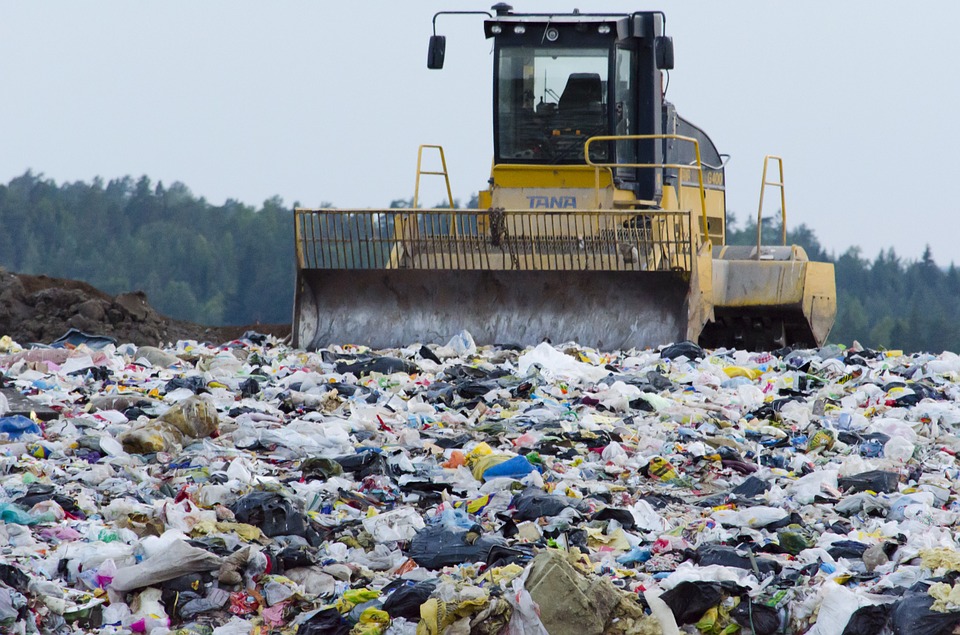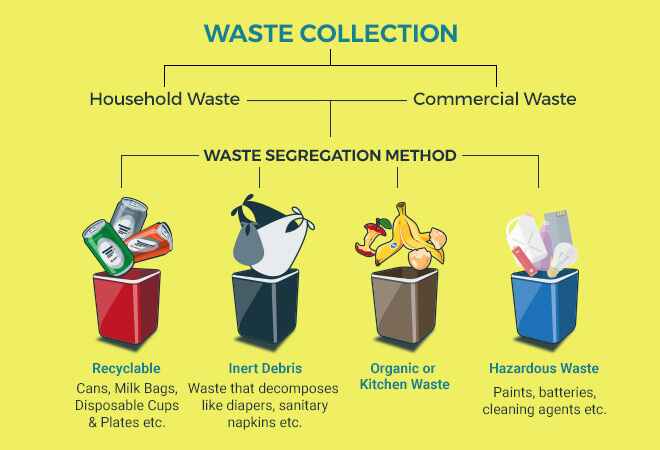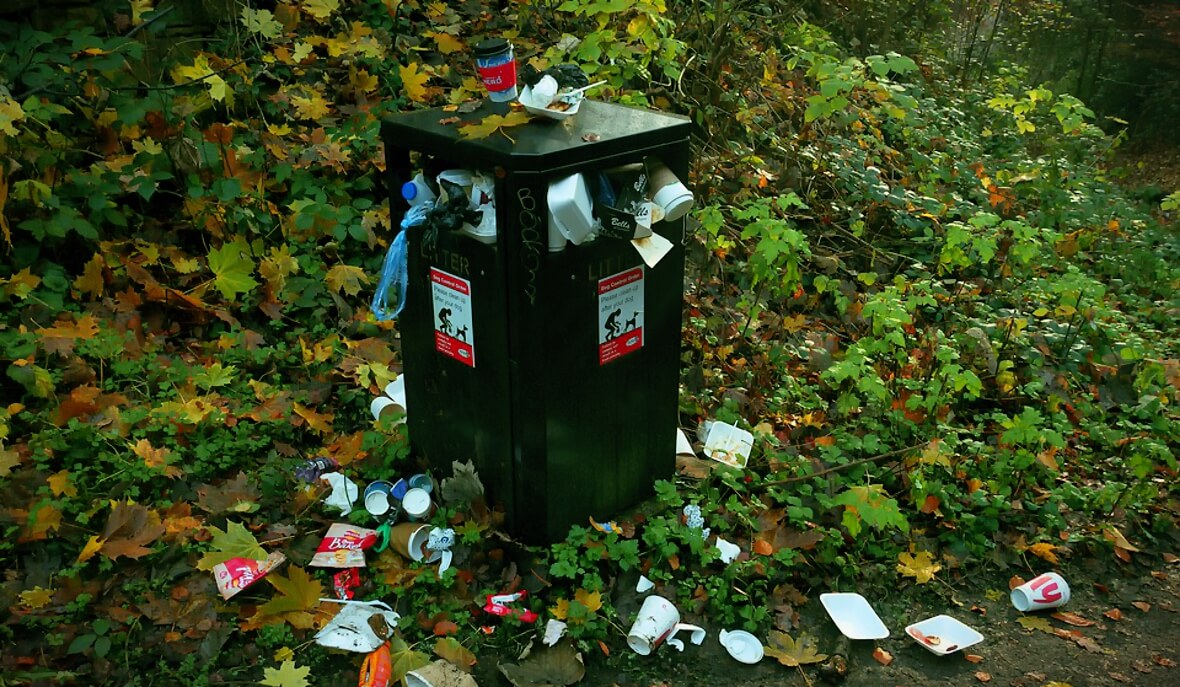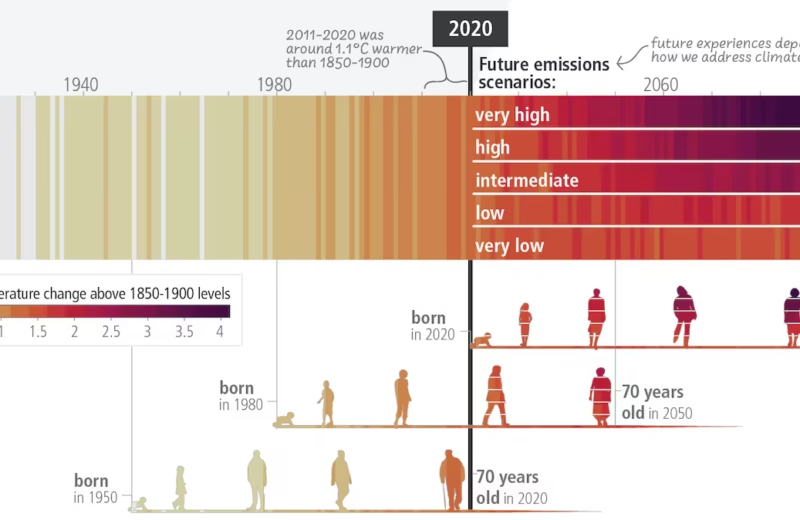After all the recent buzz on climate change, I really hope people have become more aware of what’s happening across our planet. Every day there are hundreds of activists who protest for a cause. Cause to save the planet, they see a ray of hope to mend things destroyed by the humans. While many of us are actively protesting some of us still have this question of how we can contribute towards the same.
You don’t need to be an activist or a political leader to bring the change, in fact, I strongly believe before forcing others to make a big change we ourselves should start adapting the changes. If you haven’t read my last article on Food Wastage yet, go and read at live It Logical
Another small step that we can take towards saving our planet is by segregating and managing our waste. Although all the metro cities have made it mandatory to segregate the waste still there is a lot to be done.
Don’t dispose of all the waste together, NEVER
It’s important to understand what happens when we dispose of all kinds of wastes mixed together.
Thousands of years ago humans simply dug a hole and buried their refuse and waste. This was an effective technique in the past because the population was relatively small, and humans did not produce waste on the same scale or with the levels of complexity that modern humans do. Burying the rubbish helped to prevent bugs and rodents from becoming a nuisance and spreading diseases.
But now garbage disposal is a problem. Almost all the countries across the world are facing the same problem. And people don’t see how important it is to dispose of biodegradable and non-biodegradable waste separately. Have you read about the story about China’s Jiangcungou landfill in Shaanxi Province, which was the size of 100 football grounds, and it got filled 25 years ahead of schedule. Imagine the amount of trash generated by the country. Our country is also facing similar issues, walk around the capital city New Delhi to see the heaps of garbage, just lying there waiting to deteriorate the environment. By inspecting the vegetation around landfill sites carefully you can determine the damage that can be caused by garbage and waste if left untreated in the open. To address this problem modern waste management professionals place garbage inlined holes and use bacteria to help facilitate its rapid decomposition. But that alone cannot help to solve this issue.
Concept of 3R
Recycling not only helps in conserving our natural resources but also reduces the cost of production of many products.
According to some research reports, every year, 62 million tonnes of waste is generating out of which only 28% of waste is recycled and 72% is left on the roads and the landfill areas for several years, which is fraught with hazardous consequences. Therefore, segregating various kinds of wastes from households, efficient waste collection systems, proper disposal, and sustainable recovery are very much needed processes in the modern-day world. Nothing is waste until it cannot be used anymore in any way. We generally see wastes piled up but do not think deep enough on how to reuse them.
Concept of 3R: Keeping the nature of waste generated by the households and industries in view, the three R’s mantra of Reuse, Reduce and Recycle appears to be more suitable to fight this problem. Care should be taken to see that these options should be taken up under a well sustainable framework.
Sweden’s recycling system is so revolutionary that the country has to import rubbish from other countries to keep its recycling plant functioning. And I must tell you that this was made possible not only by the Government but also by its responsible citizens.
Waste Management in India
Urban India is the world’s 3rd largest garbage generator and by 2050 waste is expected to rise to 436 million tons up. And the approach towards solid waste management is not scientific, at least for a common person. People still don’t understand the need for segregating waste. Also, as the number of industries is increasing day by day due to a rapid increase in urbanization, this is eventually leading to the generation of solid waste at a significantly high rate. The recycling process is not in place in our country which results in heaps of garbage at the landfill site.
According to a report over 377 million urban people live in 7,935 towns and cities and generate 62 million tonnes of municipal solid waste per annum. Only 43 million tonnes (MT) of the waste is collected, 11.9 MT is treated and 31 MT is dumped in landfill sites.

Adequate consideration should be given to monitoring the processes of waste management. There is a need to educate the public and plan in a proper way for waste management programs and implement them into the current waste management system. Moreover, not all kinds of wastes are getting recycled. Only metals are recycled almost 100% into consumer goods. Glass and paper are in second place but unfortunately, only less than 50% of plastics are being recycled.
The situation is alarming and needs everyone to start taking immediate action to deal with the garbage problem. The first step is to reduce the waste being generated at the individual level. Below are a few tips for reducing and segregating waste at home. These are some of the easiest ways to help in the betterment of our planet.
Quick Tips to Manage the Waste
- The one basic step is to segregate the waste into dry and wet waste. The dry waste consists of waste that doesn’t decay. It is free of organic material such as food. It is also known as non-biodegradable waste. Dry mixed recycling helps materials find second lives. For example, glass can be recycled hundreds of times into new jars and bottles. Wet waste (such as food scraps or cooking oils) is biodegradable. Wet waste is diverted from landfills and used as compost.
- Also, Apart from 3Rs, there is a 5Rs methodology as well. Refuse what you do not need, Reduce what you do need, Reuse what you consume, Recycle what you cannot Refuse, Reduce or Reuse, and Rot (Compost) the rest.

- One of the effective ways to reduce the waste generated at the individual level is to always keep reusable water bottles and grocery bags handy with you. This will help you to avoid using polybags and even paper bags.
- Buy vegetables and fruits from the local market. Supplies bought from local markets will most likely be free of plastic and stickers too. Thereby helping to reduce the waste generated.
- The best way of dealing with waste, both economically and environmentally, is to avoid generating in the first place. For effective waste management, waste minimization, reuse, recycle and energy recovery are more sustainable than conventional landfill techniques.








